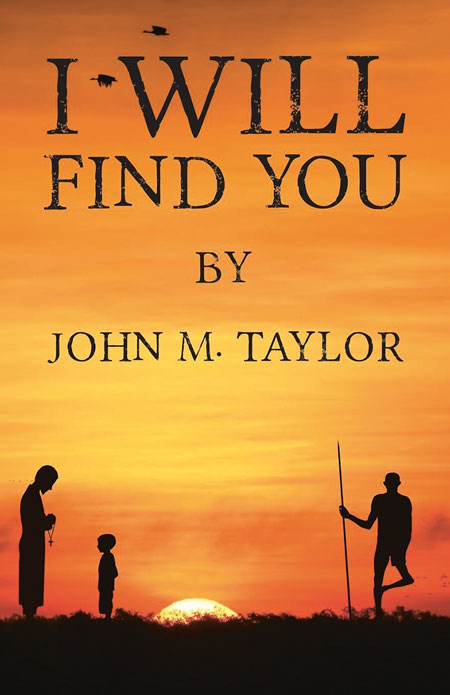Novelists are always looking for a plot until one day there is a spark that points you in a certain direction. Then before you know it, the story takes over and you realise that it found you. It’s an exhilarating experience, especially when it is based on real-life events and you meet some of the people involved. Such was the case with I WillFind You.
For me it started when I read Empty Cradles by the wonderful Margaret Humphreys. It was an eye-opening account of how she had uncovered the shameful injustices of child migration, the damage it caused to the lives of tens of thousands, her fight to have it recognised by governments, who eventually formally apologised and helped victims.
Humphreys’ story made a deep impression and sensitised me to the plight of child migrants and orphans. Then later while living in Australia I had the privilege of meeting some former child orphans, many of whom were senior citizens by then. I’m not embarrassed to say that my own tears fell with theirs as they told their tragic stories. That’s when my ‘spark’ shone brightest, as I had unwittingly become emotionally involved. I soon realised these people needed their stories told and wanted recognition of what had happened to them.
I had to learn how to handle my own emotions whilst writing
Although I had already begun to write, I stopped for almost two years, not sure how to tell this story without causing distress yet not diminishing their experiences. Also I had to learn how to handle my own emotions whilst writing. So the decision was made that the book would be classified as fiction, even though the story is based on true events woven together using an author’s licence.
I Will Find You is that story. I hope readers find it enjoyable, stimulating and revealing. It’s the story of a boy with the character and determination to survive mentally against all odds. He discovers life beyond institutions and an aboriginal village deep in the Australian outback, while at the same time remaining committed to eventually finding his mother.
Parts of the research were harrowing while others were simply amazing. Both added to my determination to tell this story which begged to be told. Not wanting it to read like a biography or report I imposed rules on myself.










